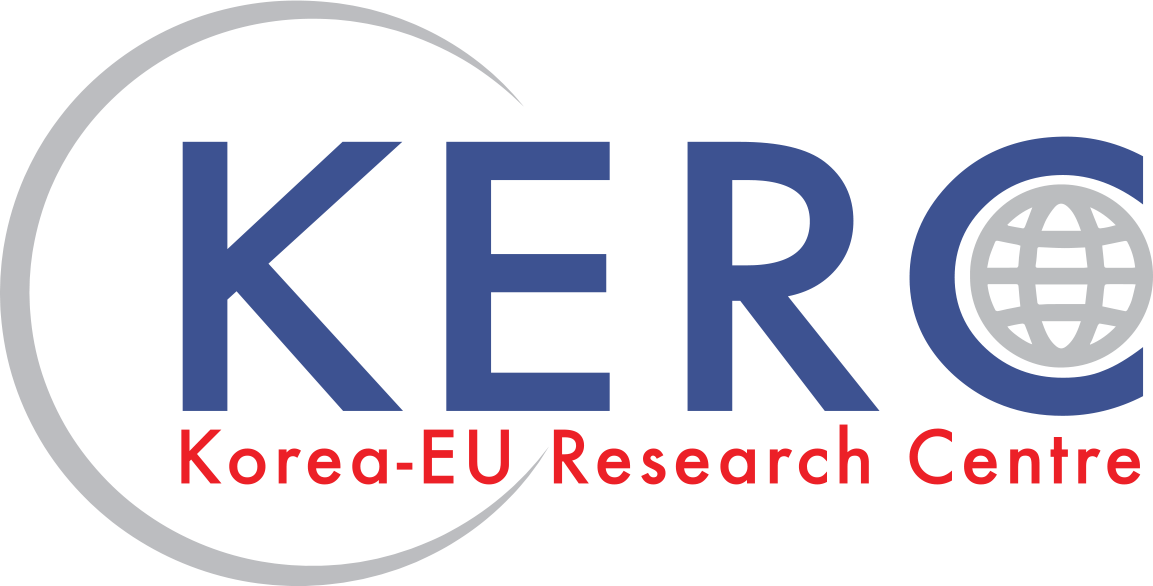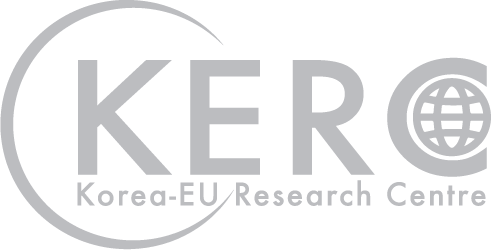Over 250 Korean companies participate in the world’s largest biotech industry exhibition.
South Korea became one of the countries with the largest number of companies taking part in this year’s BIO International Convention, showing how Asia’s fourth-largest economy has become a rising player in the global biotechnology industry.
According to a biotech industry official participating in the convention in San Diego, over 3,200 companies from across the globe signed up to attend the event. Of them, 255 are from South Korea. That is the second largest for a country behind only the US, the official said.
“Big pharmas have secured a large cash cow, thanks to the sales of COVID-19 products. On the other hand, biotech’s valuation has dropped by a lot, so now is the time to carry out (mergers and acquisitions) and licensing (deals),” the official added.
From smaller biotech companies to powerhouses such as Samsung Biologics and Celltrion, various Korean firms are showcasing their services and products through company presentations, discussion sessions and business meetings. Over 15,000 visitors from 65 countries or more are expected to gather at the San Diego Convention Center over the four-day event, which runs from June 13 to 16.
The Korea Biotechnology Industry Organization has set up a Korean booth to promote smaller biotech firms in cooperation with the Korea Trade and Investment Promotion Agency, a state-run trade promotion agency. The Korean Pavilion gives biotech startups a chance to promote themselves and explore partnering options, as well as draw in investments.
“By operating the Korean Pavilion at such a global biotech event, it will show the Korean biotech industry’s global competitiveness and provide networking opportunities through seminars,” said Lee Seung-kyu, vice chairperson of KoreaBIO.
The biotech startups at the Korean Pavilion are: artificial intelligence drug developers Aigen Sciences, S&K Therapeutics and Standigm; virus contamination and neutralizing solution developer BIO3S; contract research organization Dt&Sanomedics; medical data platform operator Evidnet; precision oncology company IMBdx; metabolic disease treatment developer JD Bioscience; stem cell therapeutic products developer Kangstem Biotech; contract research organization LSK Global PS; dry eye treatment developer Rudacure; and regenerative cell therapy provider Tego Science.
“People know Korea’s ‘K-brand.’ Not just K-pop, but foreigners all over the world recognize the potential of the K-brand. K-pharma and K-bio may have little presence at the moment, but they say you might regret not partnering (with Korean firms),” said Won Hee-mok, chairman of the Korea Pharmaceutical and Bio-Pharma Manufacturers Association.


